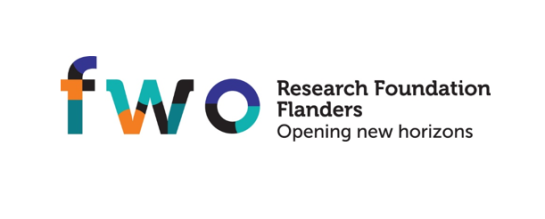Fatigue and stroke recovery: trajectories of sleep, physical activity & inflammation as potential mediators.
Stroke is one of the leading causes of long-term adult disability. With an increasing incidence worldwide and improved survival rates, management of long-term consequences of stroke is one of the biggest challenges for the future.
Post-stroke fatigue (PSF) affects up to 92% of stroke survivors. Many of them report fatigue as their worst or one of their worst symptoms. PSF may develop early after stroke, remains common in the longer term, and can persist even after otherwise full neurological recovery. Management of PSF has been identified by stroke survivors and clinicians as a top unmet need and priority for future research.
A lot remains unknown regarding the clinical characteristics, pathophysiology, and associated factors of PSF. In this project, the different dimensions of PSF will be quantified during the first year after a stroke. We will measure trajectories of inflammation, sleep disturbances and physical activity as possible mediators.
The insights from this study will be particularly relevant, given that identifying modifiable factors that contribute to PSF will allow these to be targeted. This will impact the effectiveness of rehabilitation treatment and enhance recovery and quality of life of the millions of stroke survivors worldwide.

